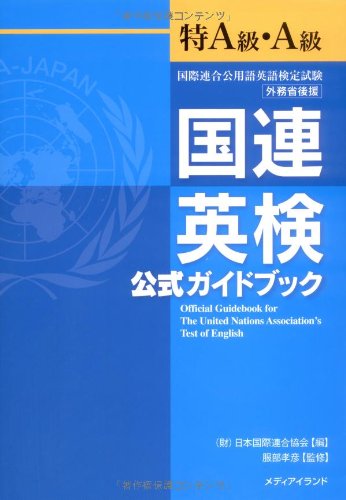- 著者
- 高橋 基治
- 出版者
- 東洋英和女学院大学
- 雑誌
- 人文・社会科学論集 (ISSN:09157794)
- 巻号頁・発行日
- vol.28, pp.33-56, 2011-03
It has widely been believed that when it comes to learning a new language as asecond/foreign language,"the younger the better"is the rule that applies. On the otherhand, recent studies have demonstrated that although younger learners may have anadvantage in mastering native-like pronunciation, adults might actually learn second/foreign languages more easily and quickly than younger learners in such areas asvocabulary acquisition and syntax.The claim that an authentic pronunciation of a second/foreign language isunattainable after a certain age has been supported by certain kinds of evidence.However, at the same time, it is also true that there are, in actuality, some individualswho have acquired a native-like accent even after the so-called "critical period."With this conflicting evidence in mind, in this paper, I will discuss theprobability of obtaining native-like phonological performance by reviewing the existingempirical and theoretical literature on Second Language Acquisition, especially thatwhich focuses on the Critical Period Hypothesis and foreign accent. In addition, I willconsider the viability of direct phonological instruction as a subject in school basedon the information and insights gained through this review of key studies in the field.
- 著者
- 高橋 基治 タカハシ モトハル Motoharu Takahashi
- 雑誌
- 人文・社会科学論集
- 巻号頁・発行日
- vol.28, pp.33-56, 2011-03
It has widely been believed that when it comes to learning a new language as asecond/foreign language,"the younger the better"is the rule that applies. On the otherhand, recent studies have demonstrated that although younger learners may have anadvantage in mastering native-like pronunciation, adults might actually learn second/foreign languages more easily and quickly than younger learners in such areas asvocabulary acquisition and syntax.The claim that an authentic pronunciation of a second/foreign language isunattainable after a certain age has been supported by certain kinds of evidence.However, at the same time, it is also true that there are, in actuality, some individualswho have acquired a native-like accent even after the so-called "critical period."With this conflicting evidence in mind, in this paper, I will discuss theprobability of obtaining native-like phonological performance by reviewing the existingempirical and theoretical literature on Second Language Acquisition, especially thatwhich focuses on the Critical Period Hypothesis and foreign accent. In addition, I willconsider the viability of direct phonological instruction as a subject in school basedon the information and insights gained through this review of key studies in the field.

